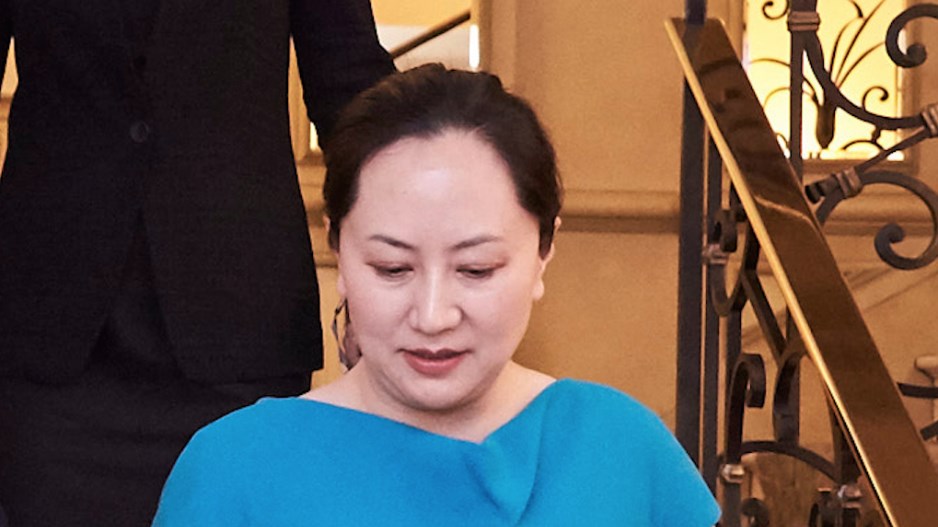A statement from the Canadian Department of Justice said that the court has upheld “a majority of Canada’s privilege claims” in Meng Wanzhou’s fight to get more information disclosed in her extradition case – the latest setback for the Huawei Technologies Co. Ltd. CFO.
The statement, released late Thursday by lawyers representing federal justice minister David Lametti, said the decision to upheld most of the solicitor-client privilege in blocking Meng’s team from getting more information it had requested was made by associate chief justice Heather Holmes – who held hearings on the topic in late September.
"Today, Associate Chief Justice Holmes upheld a majority of Canada’s privilege claims," the statement said. "Canada respects the decision made by Associate Chief Justice Holmes and the court process that led to this decision. As in all extradition cases in Canada, these proceedings have been conducted in accordance with the Extradition Act, Canadian Charter of Rights and Freedoms and with our treaty partners, in this case, with the United States."
No official release of the decision has been made available by B.C. Supreme Court as of Friday morning to confirm the Department of Justice’s statement.
Meng had applied to the court to allow the case to include additional evidence from the communique between the Attorney General of Canada, arresting authorities (RCMP and the Canada Border Services Agency) and the U.S. Department of Justice. The defence argument in September largely centred on the record of the case (ROC), the alleged description of Meng’s misconduct that adds up to the charges of fraud and money laundering.
The defence lawyers had argued that the ROC and a supplemental document showed an intentional effort on the part of American authorities to mislead the Canadian justice system on Meng’s 2013 powerpoint presentation to HSBC – a presentation that authorities say demonstrated the Huawei executive trying to conceal the company’s operations in Iran.
Meng’s lawyers, however, said the ROC left out crucial parts of the presentation that would make Huawei’s dealings in Iran clear to HSBC, thus eliminating the culpability of Meng in the fraud and money laundering case. The defence was thus arguing that more evidence on how the U.S. communicated with Canada is needed, since the ROC voluntarily provided by U.S. authorities were misleading.
Crown counsel has maintained that the ROC evidence is valid is presenting Meng as misleading HSBC, adding that an extradition hearing’s jurisdiction is different from that of a jury trial – thus making Meng’s argument on the ROC irrelevant to current proceedings. Lawyers added in the statement issued Thursday that the information/communique between the Attorney General and RCMP/CBSA falls under solicitor-privilege that cannot be set aside lightly.
"Canada asserted that solicitor-client and litigation privilege are fundamental principles that protect the ability of individuals, corporations and governments to seek legal advice confidentially," the statement said. "They also help ensure the effectiveness of the legal process, which is adversarial in nature, by creating a zone of privacy to allow parties to prepare their contending positions in private."
A federal judge had blocked another application for more disclosure earlier in the summer. In the spring, Holmes ruled against Meng in the double-criminality portion of the hearing.




